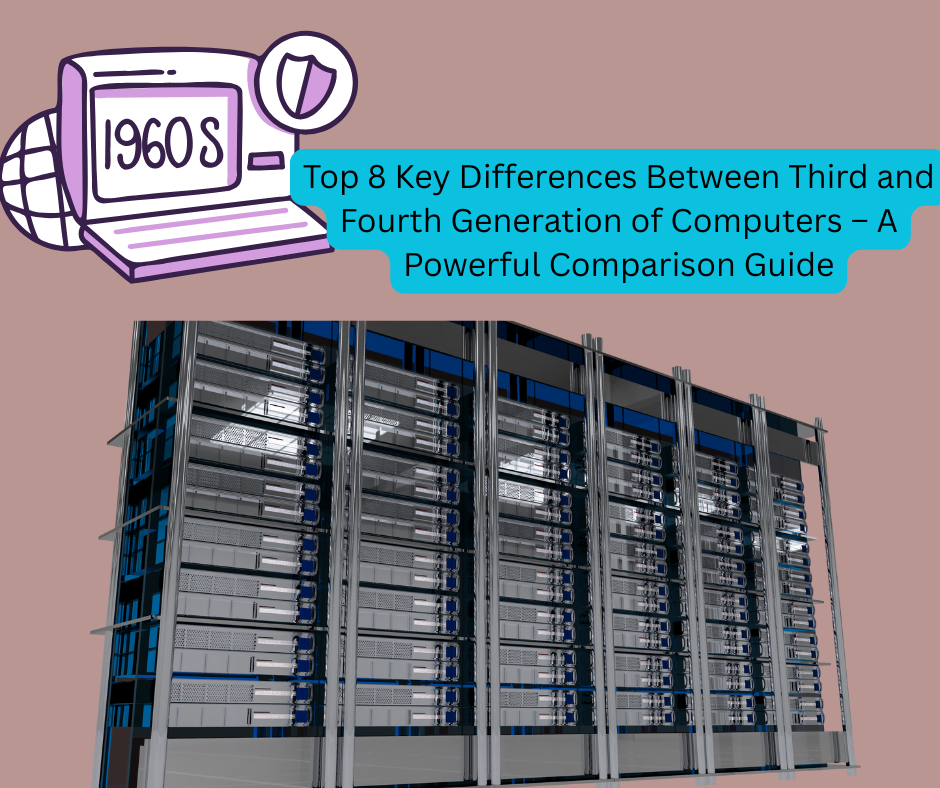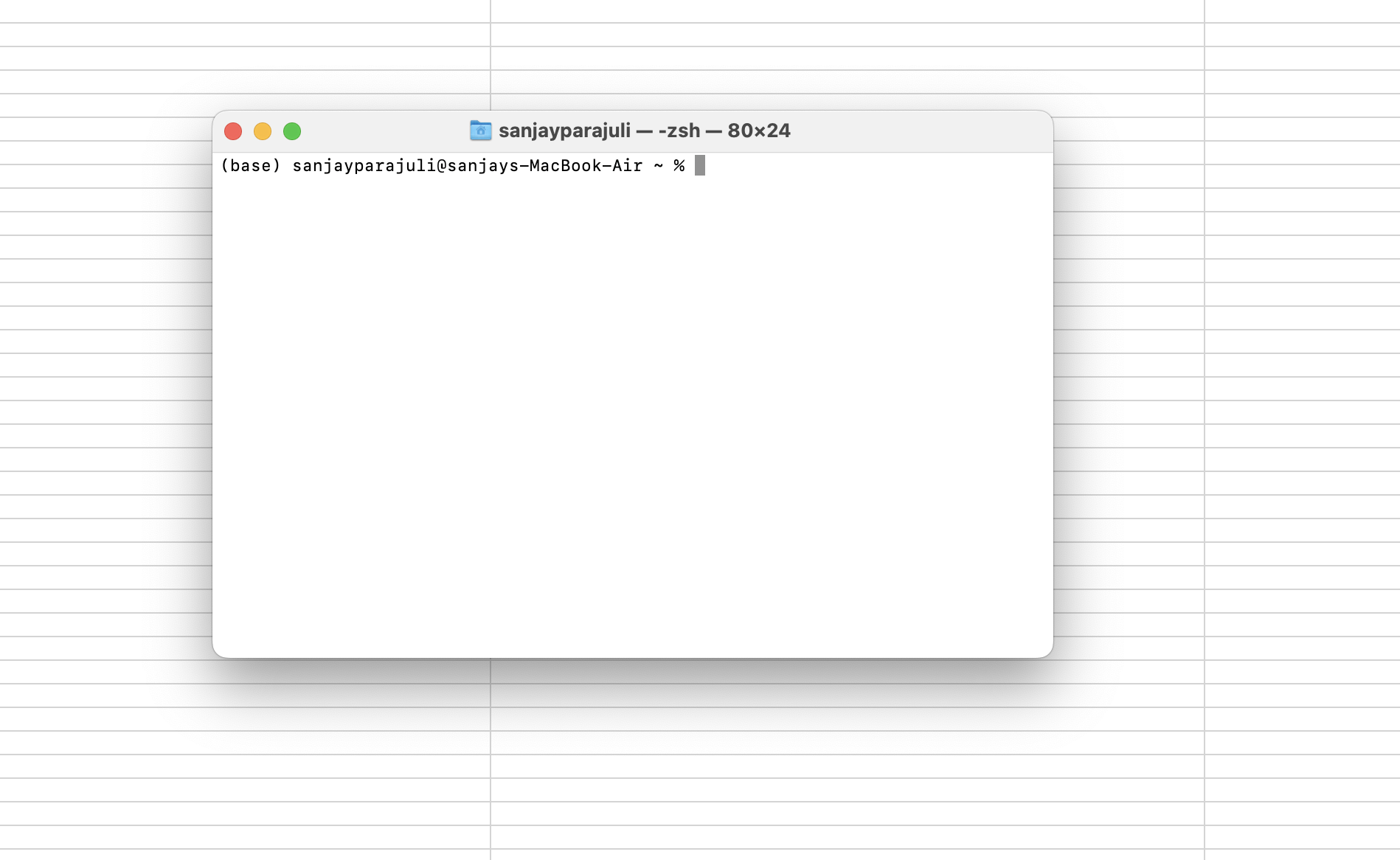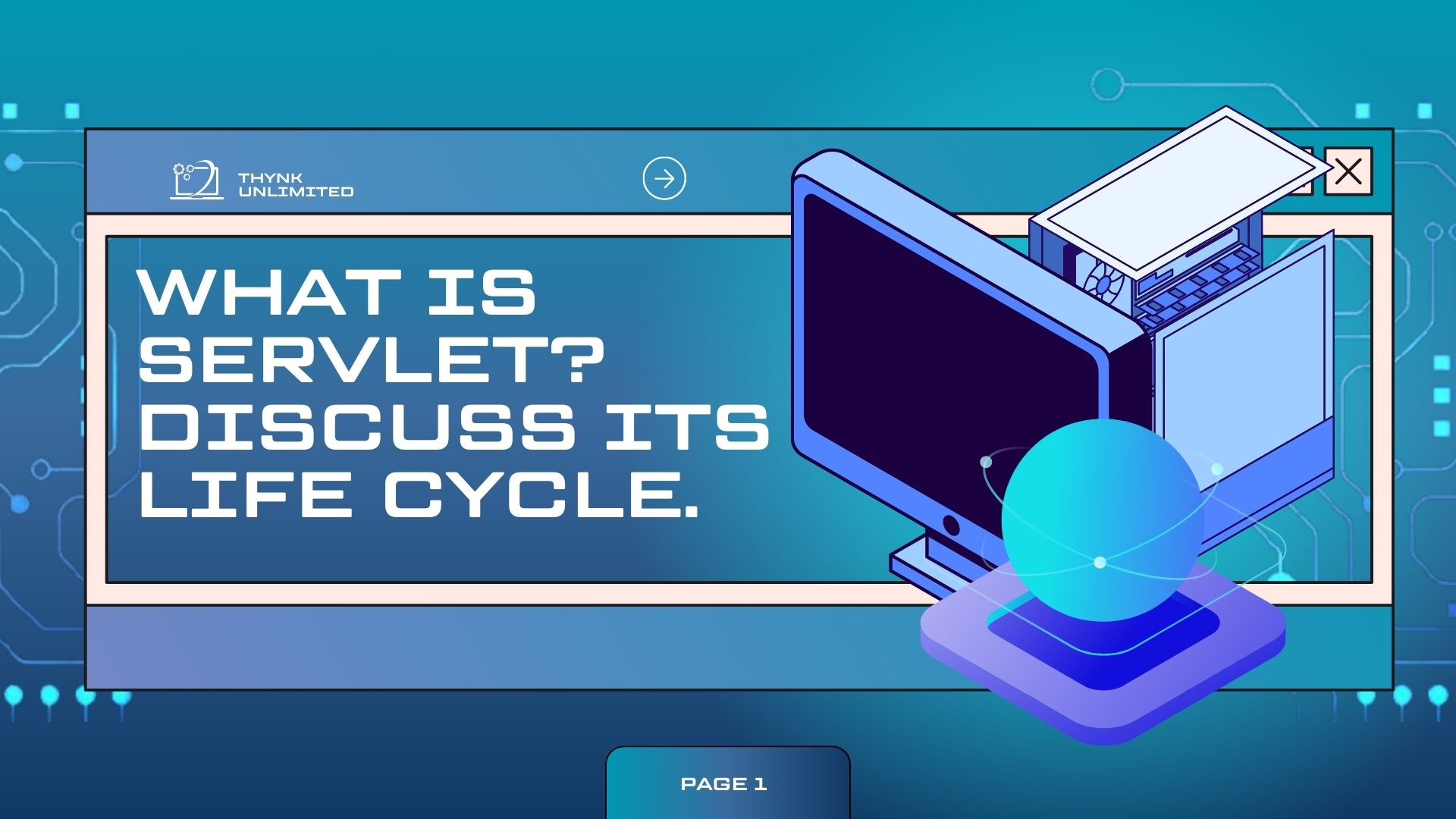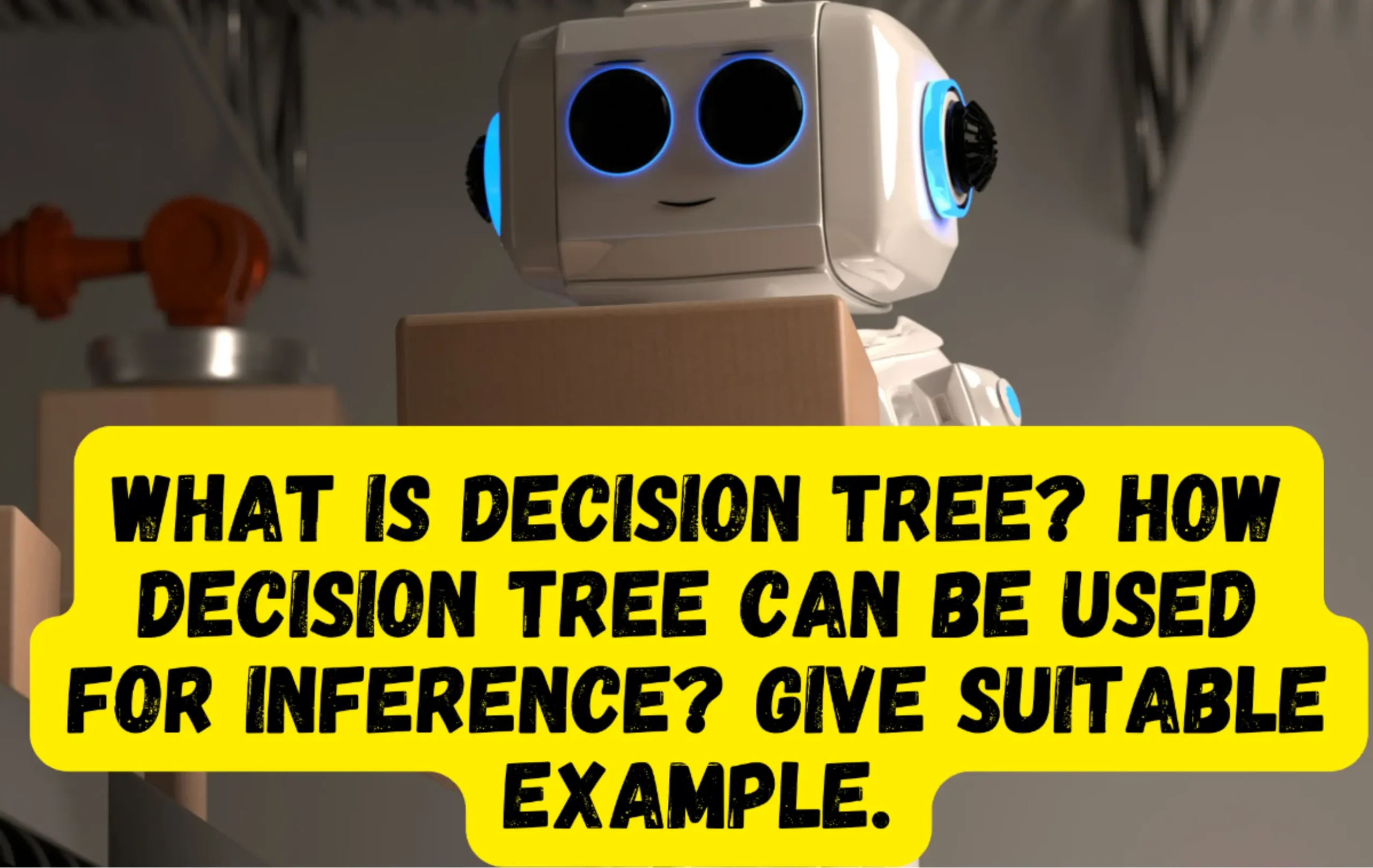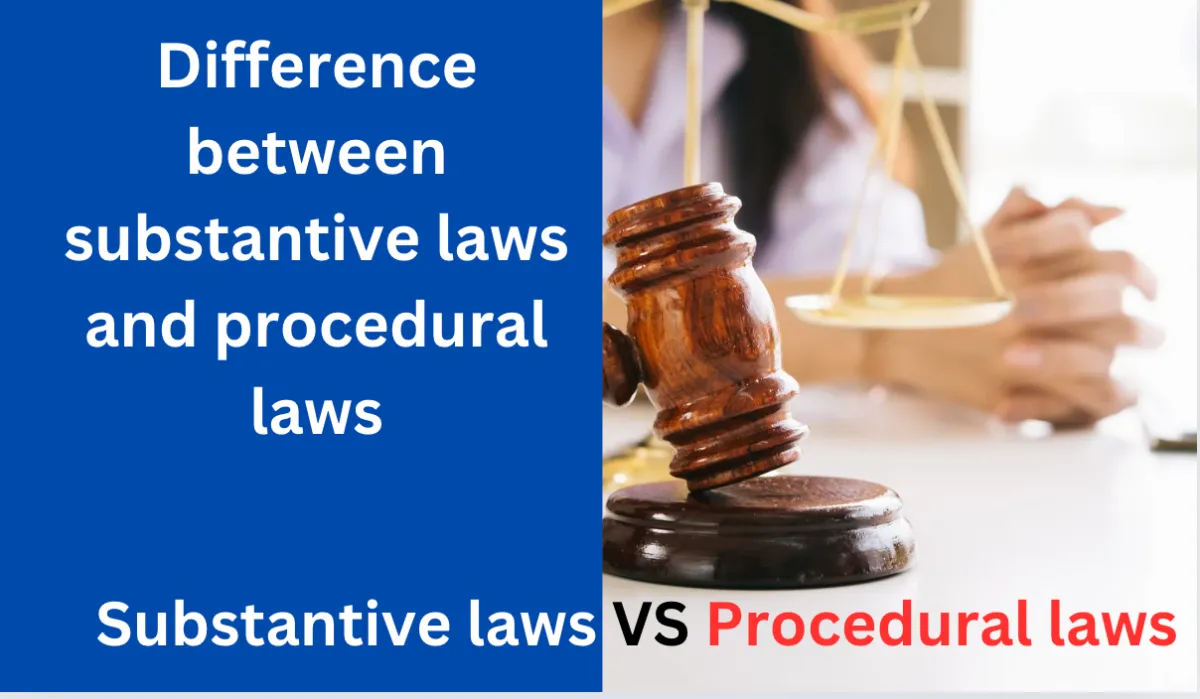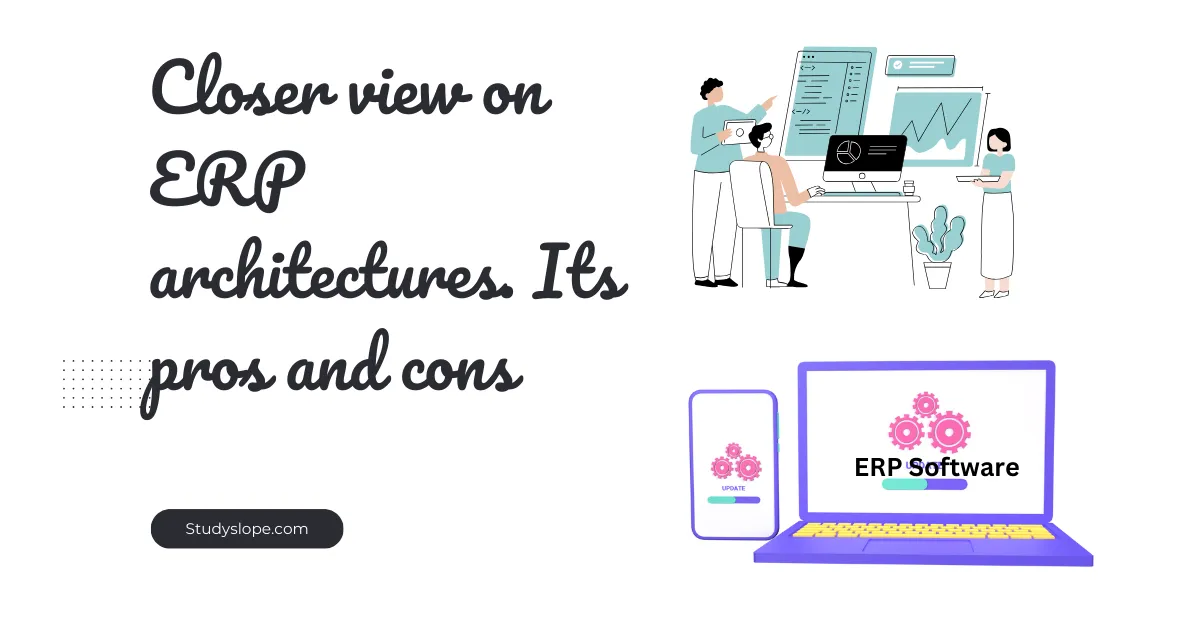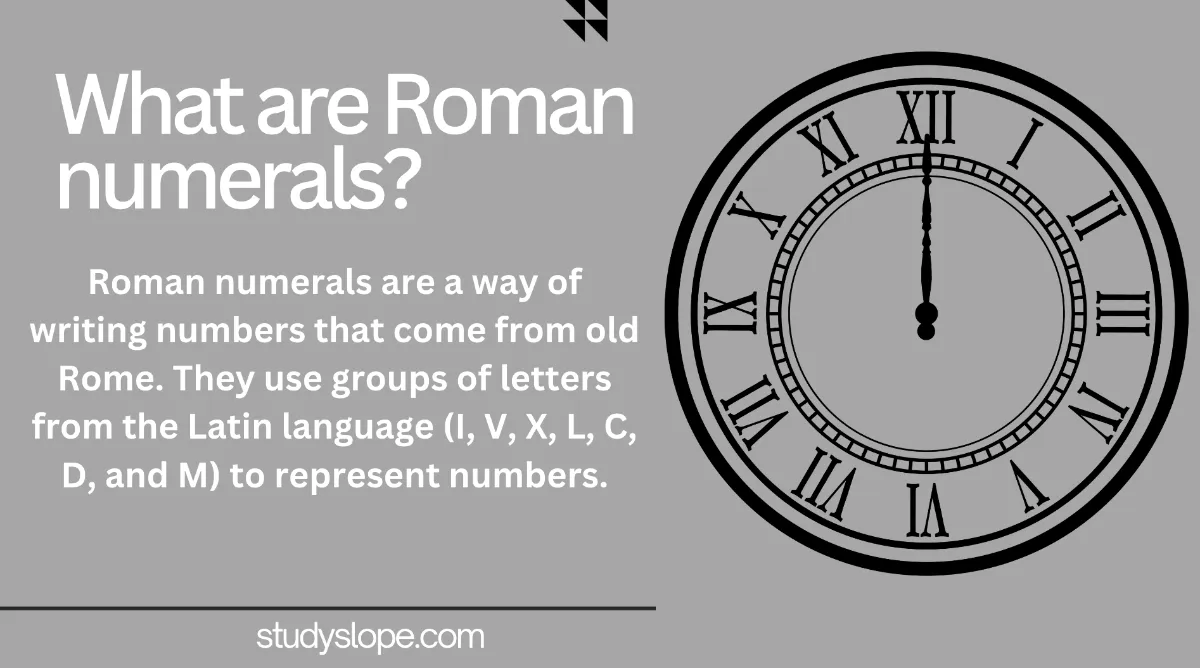Check out the best NBN plans in Australia from Telstra, Optus, Dodo, and others.
The National Broadband Network (NBN) has changed how people in Australia get online, but there are so many plans to choose from that it can be hard to know which one to pick. If you want speed, low prices, or a reliable supplier, you need to know the differences between NBN plans. We’ll compare NBN … Read more

